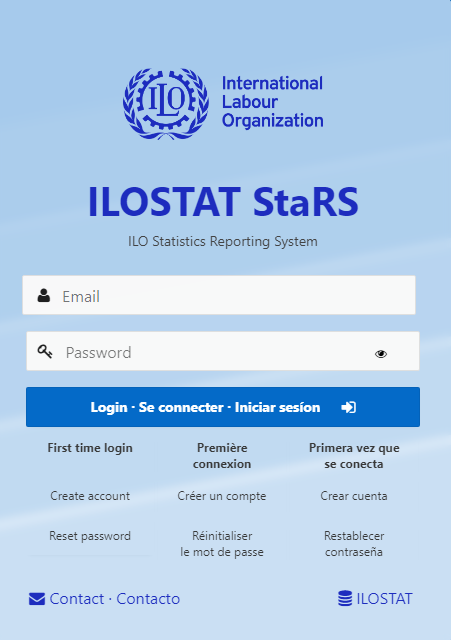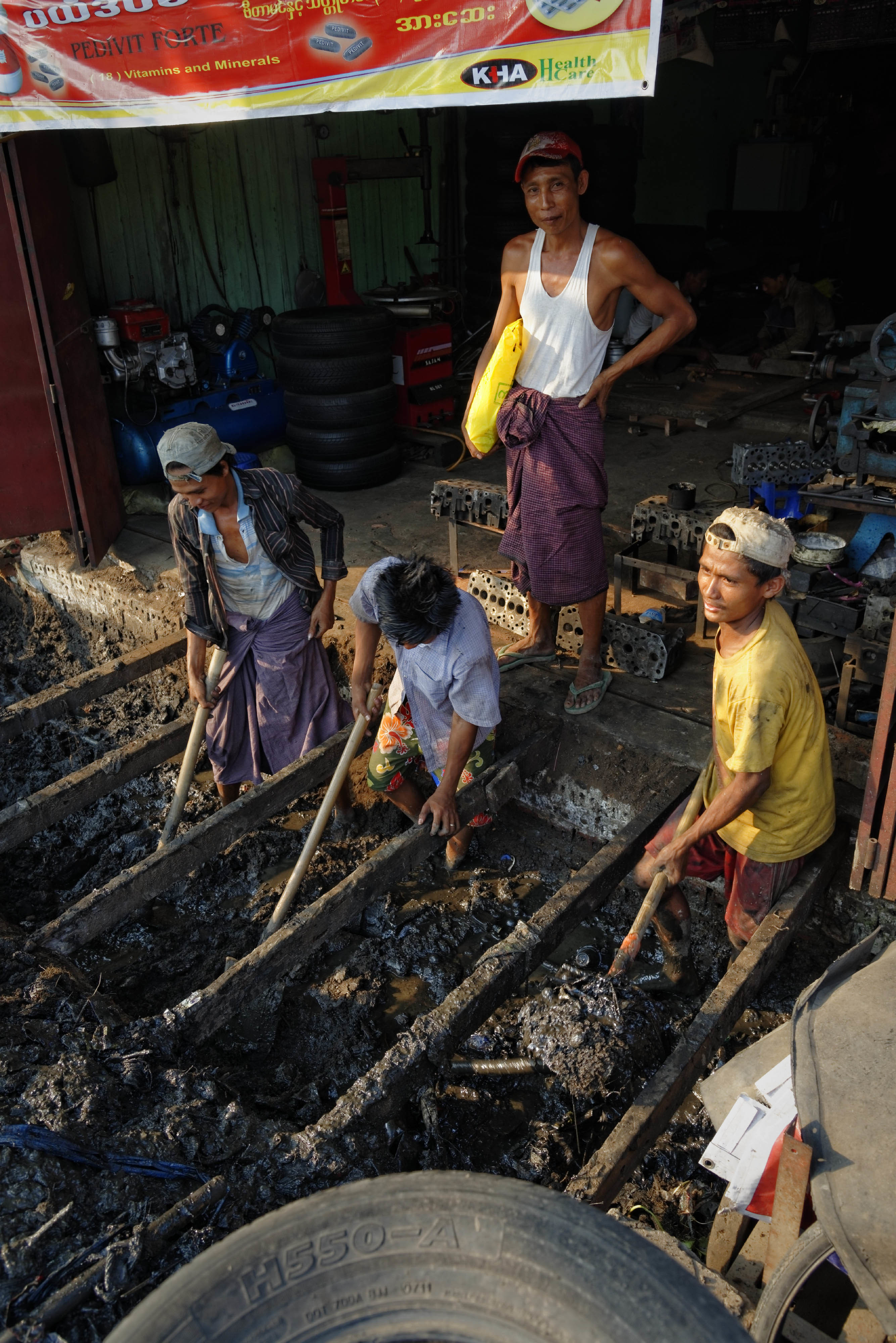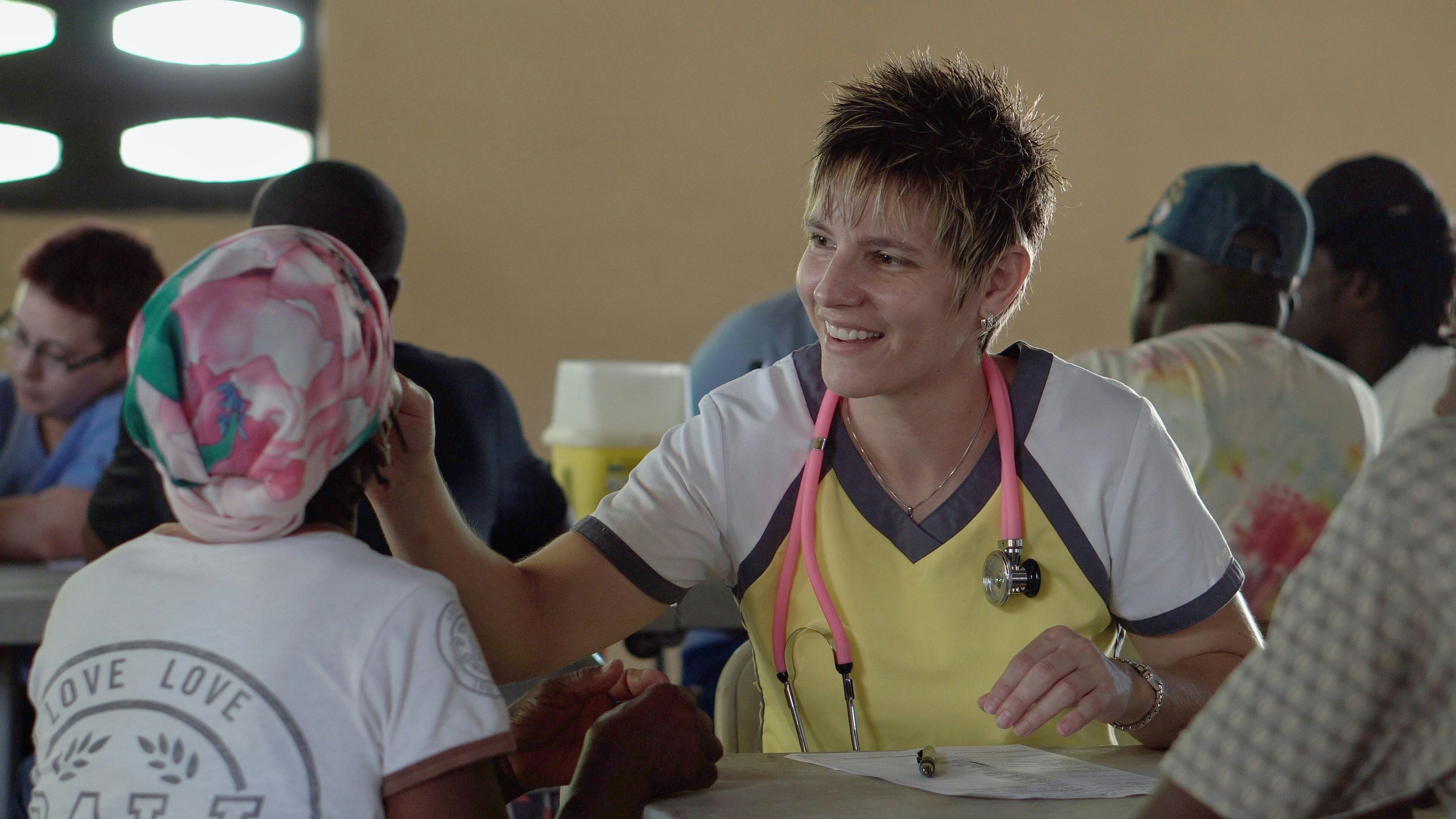
Resource

LMIS Brief Description and ILO Toolkit
This document provides a comprehensive overview of the LMIS, delving deep into its functionality, components, and the implementation framework developed by the Office for its development at a national or regional level.
LMIS Brief Description and ILO Toolkit Read More »

The unseen workforce behind wastewater management
High-income countries often take the wastewater management process for granted. Yet only 58 per cent of the world’s domestic wastewater is safely treated, with significant variation across regions. For World Toilet Day, we delve into the data to gain a better understanding of employment in the water collection, treatment and supply and sewerage industries in different country contexts.
The unseen workforce behind wastewater management Read More »

Where women work: female-dominated occupations and sectors
Despite women breaking barriers in science, technology, engineering, and mathematics (STEM) occupations and some overcoming obstacles in leadership roles, the transformation of the gender landscape in the workplace remains somewhat limited. Explore the latest insights from the new ILO database Worker and Sector Profiles.
Where women work: female-dominated occupations and sectors Read More »

Own-use provision of services: Measurement guide
This guide provides guidance on implementing the ILO add-on module for own-use provision of services (OPS) in national labour force surveys. It is aimed at low- and middle-income countries and is designed to support NSOs to produce statistics on OPS when resource constraints or other considerations impede an independent time-use survey.
Own-use provision of services: Measurement guide Read More »
